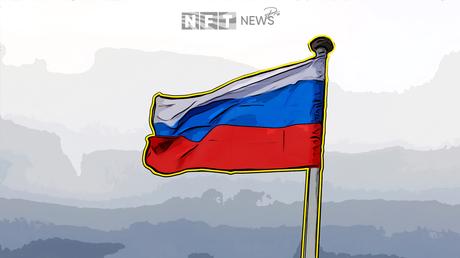
Russia has blocked access to OKX; the third-largest crypto exchange by volume in the world, at the request of the Prosecutor General’s Office on Tuesday.
A search of the exchange’s domain under the records of Roskomnadzor, Russia’s Internet censorship agency, indicates that the site was blocked under article 15.3 of Russia’s Law on Information, Information Technologies and Data Protection.
This article protects against the spread of fake information, threats to financial organizations, invitations to extremist activities, and more. Moreover, no certain reason has been given for the ban of the website at this time. OKX did not instantly respond to Decrypt’s request for comment.
The local NGO Roskomsvoboda has put Okx.com on its list of blocked addresses as well. The organization, which is dedicated to monitoring online censorship, uses a name similar to Russian Censorship Agency, but with “svoboda” (meaning “freedom” in Russian) versus “nadzor” (meaning “oversight”) in the second half.
OKX is not the initial exchange to be targeted by Russia: Binance’s website was blocked by a local court in June 2020 too, as first reported by Gleb Kostarev, head of Binance’s Asia region, in a Facebook post. At the time, Binance claimed it had received no complaints from the government, and was not informed of the blacklisting until three months after its implementation.
“The issuance and use of Bitcoins are completely decentralized, and there is no way for the government to regulate it, which conflicts with the present Russian law,” the court argued at the time. However, Binance managed to get the ruling overturned by January 2021.
Since then, Russia agencies have worked quickly to sort out crypto’s place in its present legal framework. The Bank of Russia and the Ministry of Finance were at odds for some time about whether completely ban cryptocurrencies in the country.
In the last few months, they could find a compromise. On the one hand, the State Duma and President Vladimir Putin approved a law banning cryptocurrencies as a means of payment in July. Instead, the country’s government has expressed its readiness to use cryptocurrency for international trade – particularly as a tool to bypass Western sanctions.
In line with EU sanctions, Binance was forced to limit its services to Russian nationals in April.
Leave this field empty if you're human: